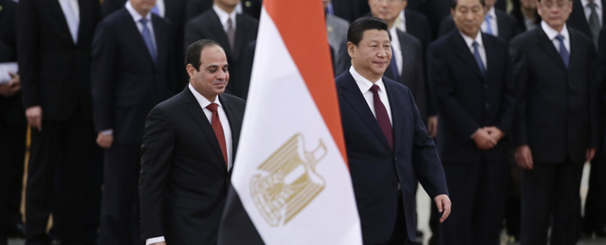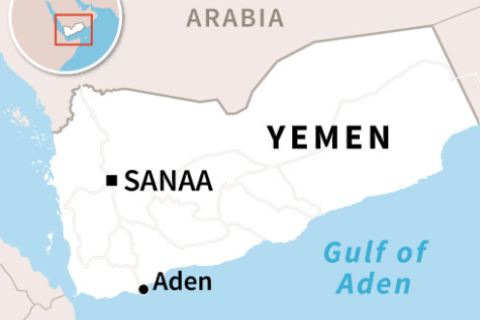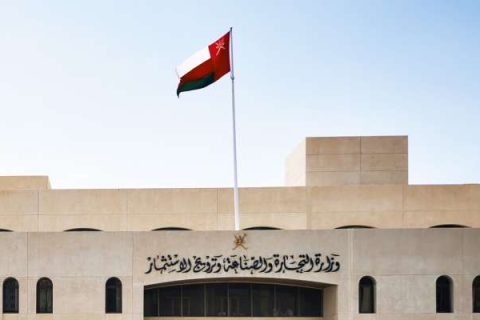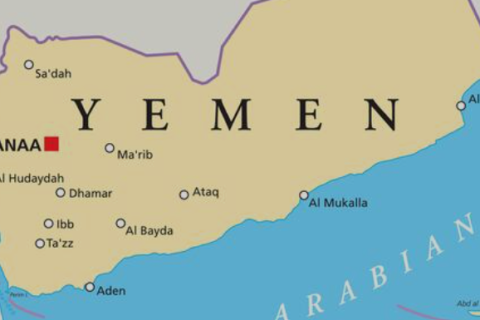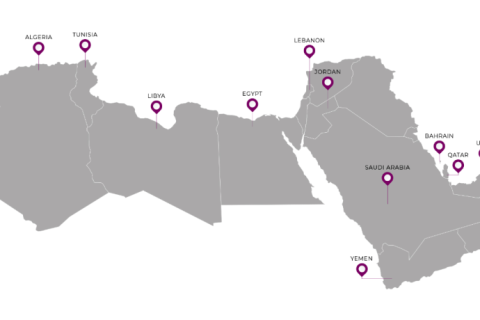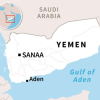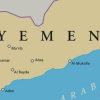North African countries nowadays increasingly view China as a viable alternative to Europe and United States, leading them to expand their cooperation not only in matters of economic and cultural affairs, but also of diplomatic and defense affairs. China views Egypt as the most important trading partner among other North African countries such as Tunisia, Morocco, Algeria. Meanwhile, Egypt considers China as a valuable partner that strengthens the Egyptian economy.
In order to improve connections between several nations in Asia, Europe and Africa, China launched a BRI initiative which is a developing project which seeks to enhance the cooperation between the nations. Egypt was the first North African country that joined this initiative. The strong and coherent relations between the two countries were based on reciprocal investments and mutual projects. Most of the Chinese investments backed the Egypt’s infrastructure significantly. The bilateral trade between both nations reached USD 5.2 billion in the first seven months of 2020 amidst the economic slowdown due to the pandemic. In 2020, and as a result of these connections Egypt has become one of the fastest growing emerging markets with tremendous potential.
Egypt is an Arab country with a very high population. This has been reflected on the Chinese exports to this country where they increased accordingly. The strong connections and bilateral trades between the two nations, has notable effects on the intellectual property activities between them. In the last ten years the number of Chinese trademark applications have increased massively in Egypt where the recorded applications reached 1,048 in 2020. Egypt has also witnessed a remarkable increase in the number of Chinese patent applications where it reached 69 applications in 2020. One of the massive projects that is undertaken by China State Construction Engineering Corporation was Egypt’s 80-storey Iconic tower.
There has been a considerable strategic complementarity between Egypt’s vision 2030 and China’s One belt and road initiative. It comprises a sustainable development strategy aiming to place Egypt among the top countries focusing on economic growth by 2030.China expects to maintain its position as Egypt’s largest trade partner for the 10th year in a row. This relationship will automatically translate to the innovation eco-system in Egypt whereby the two countries Egypt and China signed formalized a deal to cooperate and collaborate on technology incubators. The Shanghai Institute of Microsystem and Information Technology (SIMIT), the Chinese Academy of Sciences, Electronics Research Institute (ERI) in Egypt are all party to this multi-year collaboration. InnoSpring incubator, a Chinese science and technology innovation platform, will establish the tech capacity of the Egyptian TARIEIC incubator through the assistance of technology transfer.
A statement released after the signature of the deal stated:
“The Egyptian and Chinese parties will jointly promote the transformation of research results into commercial product prototypes, enhancing mutual visits of personnel, and sharing incubator operation and management experience,”
Cooperation will also extend to technological research and development, product marketing and patent commercialization. This deal is strategic and visionary as electronics and information technology are Egypt’s fastest-growing fields, which have made outstanding contributions to Egypt’s economic growth.
The minister of education has pledged that this cooperation is expected to assist with the realization of Egypt’s vision 2030 strategy relating to the development of national technologies and innovation ecosystems.
Alyafi IP Group is very proud and excited to be part of the Egyptian community and eco-system assisting in realizing R&D activities and assisting with commercializing it. We expect all these investments and developments will have a direct and immediate effect on the intellectual property eco-system, from creation to protection and commercialization of all types of IP specifically patents in Egypt.


